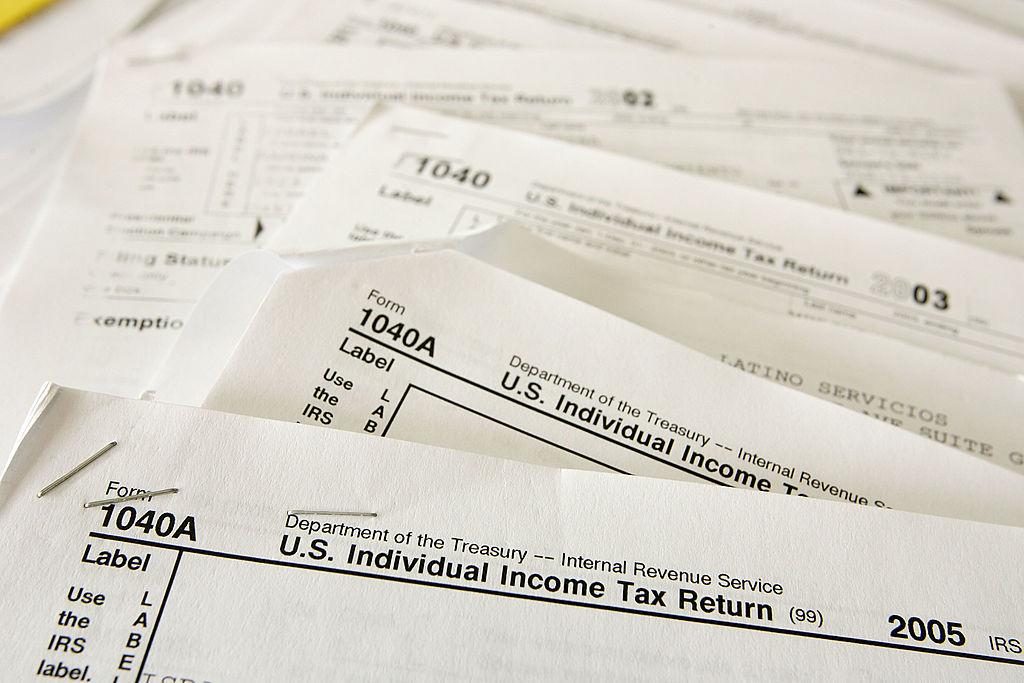Compliance with tax rules in the United States costs the country more than half a trillion dollars annually as taxpayers attempt to follow the onerous regulations, according to a recent report by the nonprofit Tax Foundation.
This year, Americans are expected to spend more than 7.9 billion hours complying with IRS filing and reporting requirements, the Tax Foundation stated in an Aug. 6 report.





